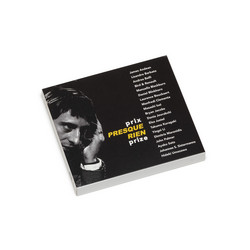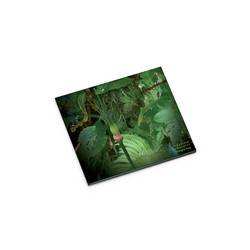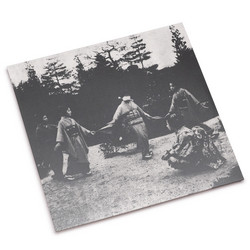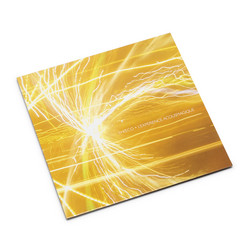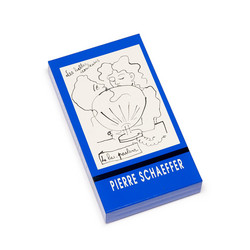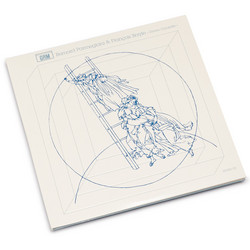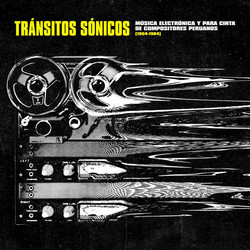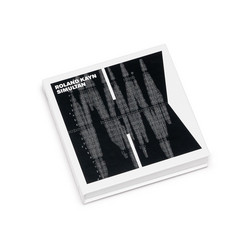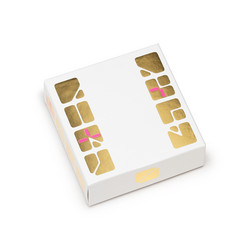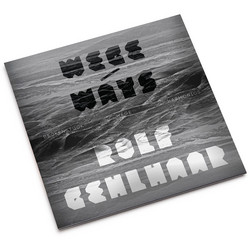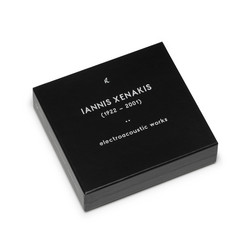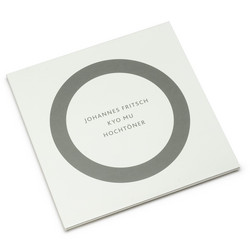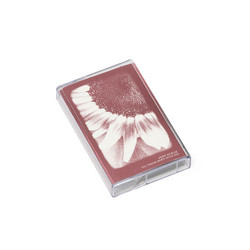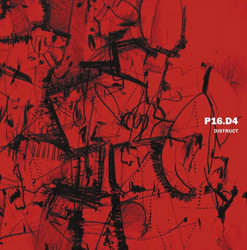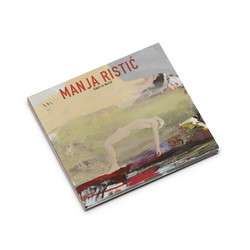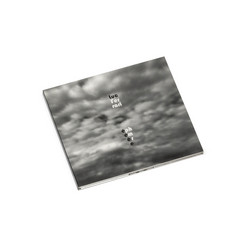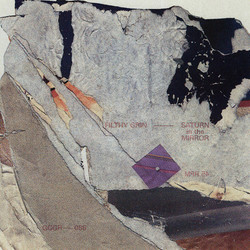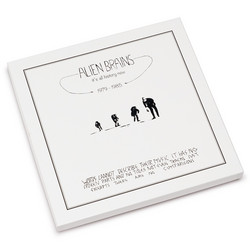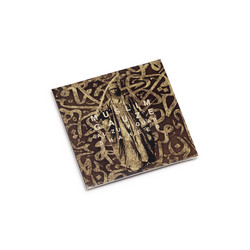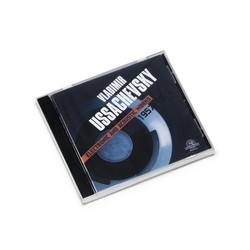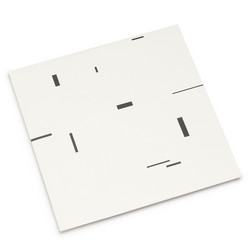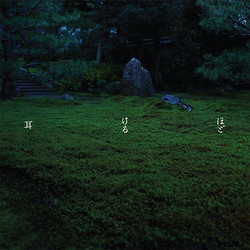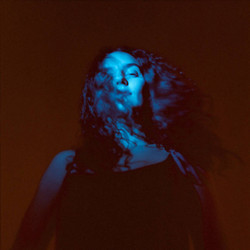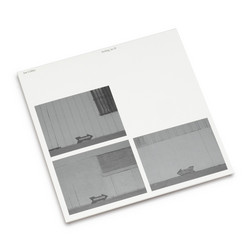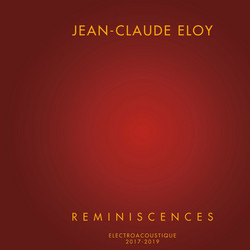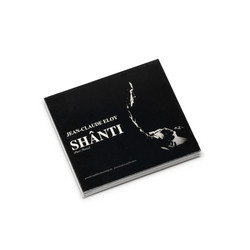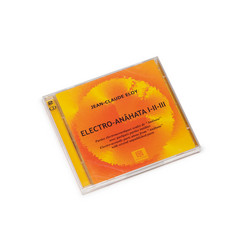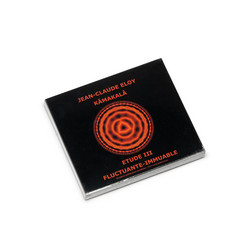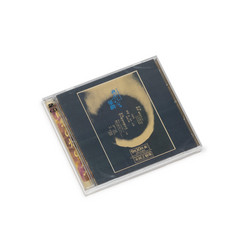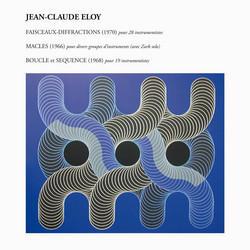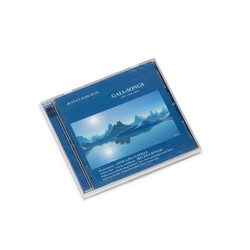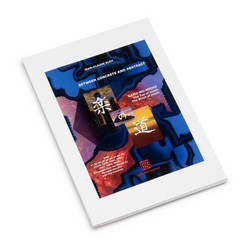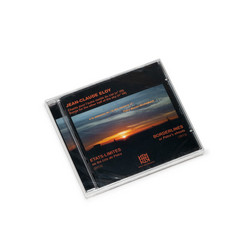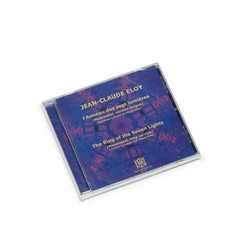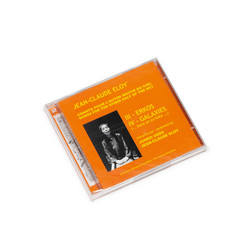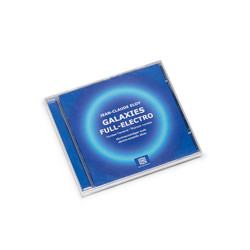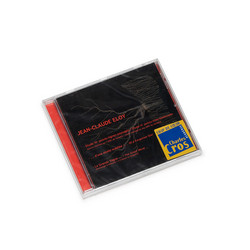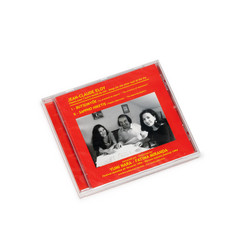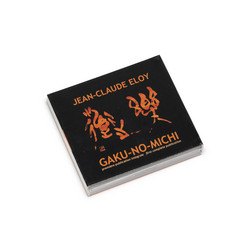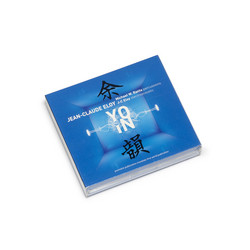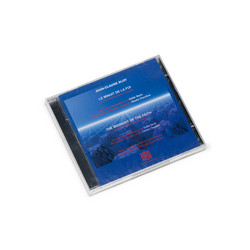Subtitled: Primordial Vibration / Sound ceremonial with a contemplative character. Composed in 1983-1986. Sound ceremonial with a contemplative character for two voices of Japanese Buddhist monks (traditional Shômyô techniques - traditional temple chanting - in a larger, modern and creative form), three Japanese Gagaku instrumentalists (traditional court music in a modern and creative form), one percussionist (with a percussion instrument orchestra) and electro-acoustic (fixed interactive sounds). Electronic studio of the Sweelinck Conservatorium, Amsterdam (1984-86). With Ebihara Kôshin (Tendai sect): solo voice, Arai Kôjun (Shingon sect): solo voice, Yaotani Satoru: Ô-Hichiriki solo, Shiba Sukeyasu : solo Ryûteki, Miyata Mayumi: Shô solo, Ô-Shô, Alto-Sheng, Michael Ranta : solo percussions, Jean-Claude Eloy, electro-acoustic (sound projection, general coordination, mixing). Studio recording made during the Donaueschingen festival 1990 (Donaueschinger Musiktage) by the SWF (Südwestfunk), Baden-Baden. First World publication. Presented in a small box of 3 x CDs with 60 pages booklet.
Subtitled: Vibration primordiale / Cérémonial sonore à caractère contemplatif - Primordial Vibration / Sound ceremonial with a contemplative character. Composed in 1983-1986. Electroacoustic parts created at the Sweelinck Conservatorium in Amsterdam/Bachstraat (early 1984), at GRM in Paris (1984/85), at ART in Geneva (1985), at TU in Berlin (1985/86), and completed in 1986 at Sweelinck Conservatorium in Amsterdam/Van Baerlestraat. Premiered in November 1986 as part of a coproduction between the Paris Autumn Festival, the Bordeaux Sigma Festival and the Contrechamps Group in Geneva. Studio recording made during the Donaueschingen festival 1990 ("Donaueschingen Musiktage"). Technical team of the SWF Baden-Baden (today SWR). Packaging: CDs housed in a slim double jewel case and a standard jewel case. Includes an 80 page booklet in French and English. Jewel cases and booklet housed in a box set opened to the right.
